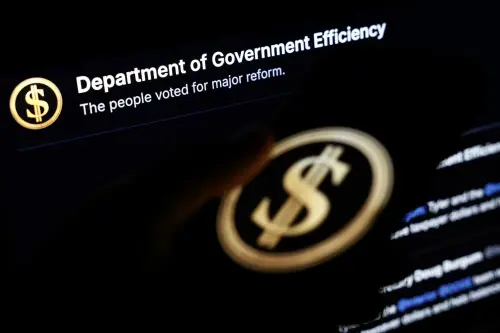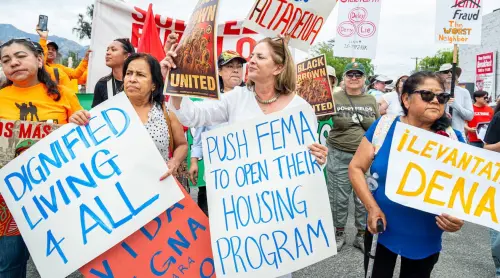

1:00 pm EDT - 2:30 pm EDT
Past Event
1:00 pm - 2:30 pm EDT
1775 Massachusetts Avenue, N.W.
Washington, DC
20036
Japanese policy-making has been paralyzed for the past several years by divided government, known in Japan as the “twisted Diet,” and the revolving door at the Prime Minister’s residence. Following Sunday’s election for Japan’s House of Councillors, the government, led by the Liberal Democratic Party (LDP), holds comfortable majorities in both chambers of the Diet, and with this victory Prime Minister Shinzo Abe may have the political capital to stay in power much longer than his immediate predecessors.
On July 25, the Center for Northeast Asian Policy Studies at Brookings hosted a discussion to address the political and policy implications of this pivotal election. Panelists analyzed the health of Prime Minister Abe’s mandate from the electorate and examined prospects for implementing the ambitious set of policies that he has announced since taking office in December. Presentations addressed the election itself and the causes and consequences of voting results; potential for instituting constitutional review in light of a changing security environment; and prospects for trade policy and structural reform in the economic sector.



Elaine Kamarck
June 18, 2025

E.J. Dionne, Jr.
June 5, 2025

Vanessa Williamson, Kathryn Dunn Tenpas
June 5, 2025